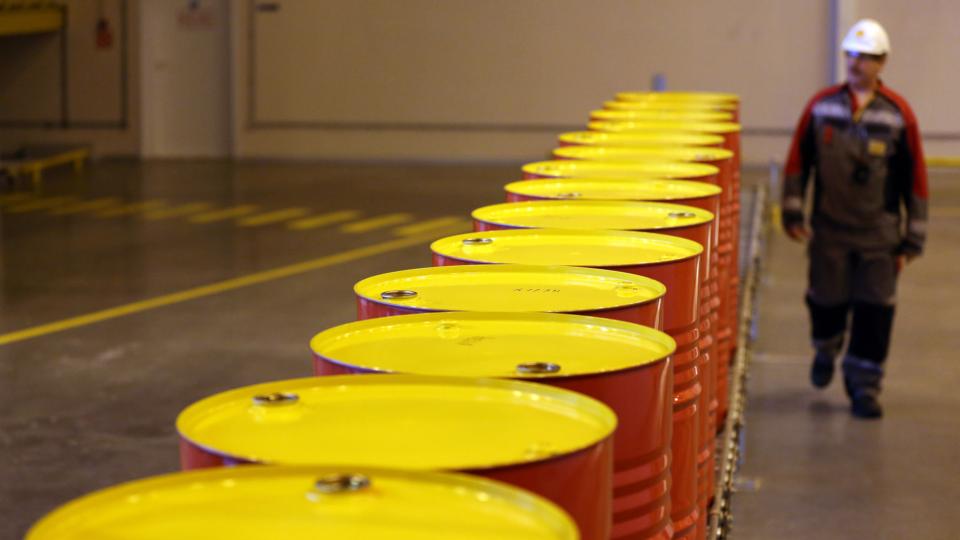
Oil Prices Fell Towards $50 Per Barrel
The discovery of the new strain impelled several nations to shut their borders to the United Kingdom even though a United Kingdom minister said the UK and France are making efforts to reopen one of Europe’s most significant trade routes.
Brent crude, the benchmark for Nigeria’s oil grades, dropped by 32cents or 0.6% to $50.59 per barrel at 12:25 West Africa Time (WAT), while West Texas Intermediate (WTI) crude dived by 67 cents or 1.4% to $47.30.
Both Brent and the WTI crude shed almost 3% on Monday, partially wiping off recent gains spurred by the rollout of COVID-19 vaccines, seen as crucial to allowing a return to usual activities.
“In the battle between immediate negative concerns and future optimism, the former is now fighting back,” said Tamas Varga of oil broker PVM.
The latest rally caused Brent to touch $52.48, its peak since March, on Friday. Some see this as potential for oil prices to slip further.
“The environment remains decidedly risk-averse. Given the scale of oil’s two-month rally, a deeper correction cannot be ruled out,” Jeffrey Halley of brokerage OANDA said of possible effects of business ambience on oil prices.
Oil prices drew strength from U.S. Congress approval for a $892 billion coronavirus relief package following months of inaction. Latest U.S. oil stockpile reports will be in focus as they are anticipated to reveal a 3.3 million barrels drop in crude inventories. The American Petroleum Institute’s report is due at 22:30 WAT on Tuesday.
The Organisation of the Petroleum Exporting Countries (OPEC) and allies, a cartel known as OPEC+, are on course to raise supply by half a million barrels per day in January, a move that will impact oil prices.
Russian Deputy Prime Minister Alexander Novak said on Monday supply increase should not trigger a glut.
.

